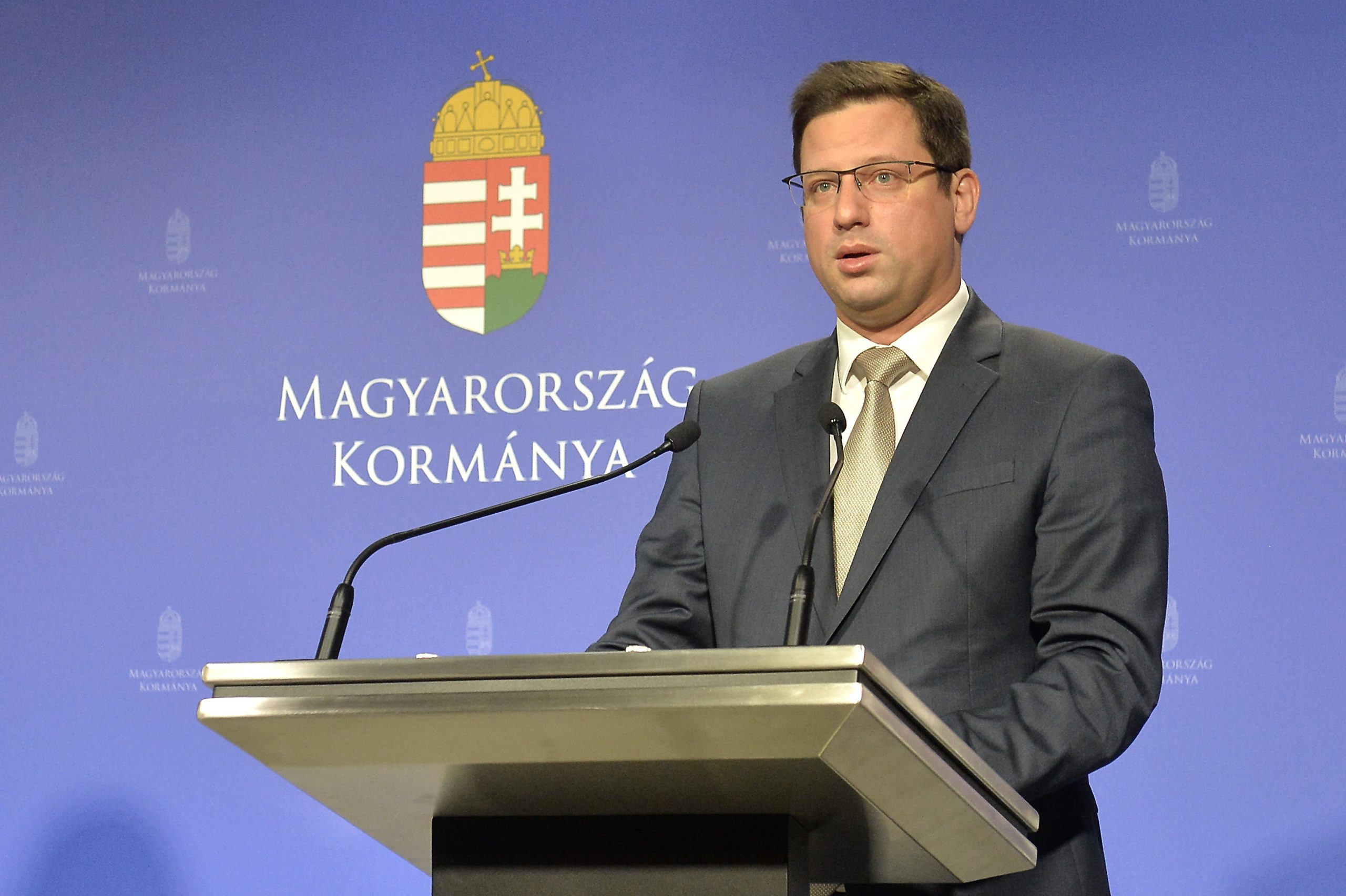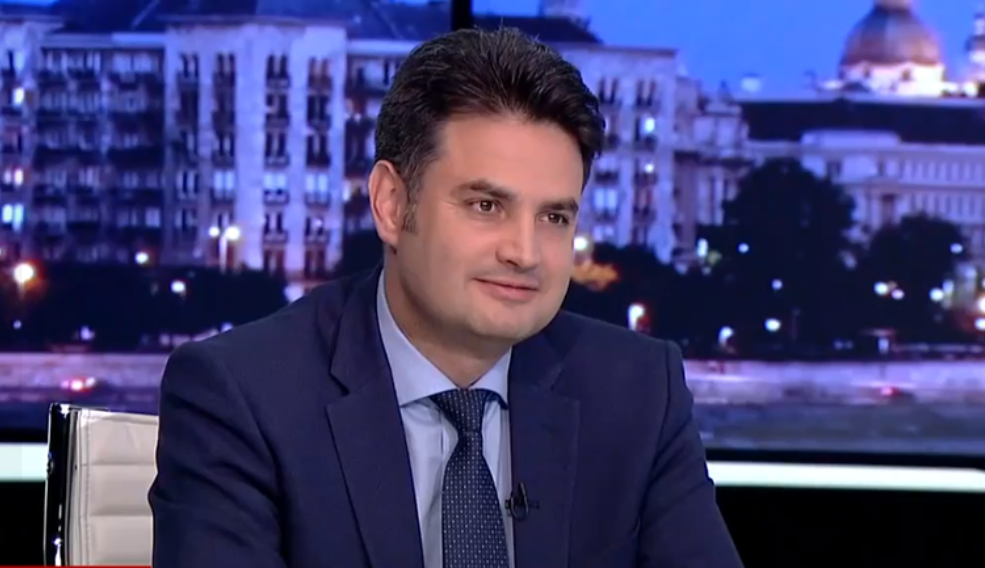
The Orbán government opposes a tax Brussels wants to impose on home and car owners on the grounds of fighting climate change, Gulyás said.Continue reading

The government and the pro-government media lashed out at Péter Márki Zay, claiming that the united opposition’s candidate for prime minister would abolish the Orbán administration’s utility cost-reduction program, which has resulted in Hungary having the lowest residential energy prices in Europe. The issue of the state-regulated energy prices has been a key topic in the campaign for Viktor Orbán’s party since 2013, but the growing global energy price crisis adds further weight to it beyond mere campaign slogans.
Over the past few days, the pro-government media have published several articles claiming that Péter Márki-Zay’s former remarks clearly indicate that the united opposition is planning to abolish the state-regulated energy prices introduced by the ruling Fidesz party in 2013. While Márki-Zay has denied this, it is true that he has repeatedly criticized the government’s utility cost-reduction program, which is yet again an important campaign topic of Orbán’s party.
In a debate during the second round of the opposition primaries in October, the united opposition’s PM candidate said he believed that cheap energy, including the utility cost-reduction program, would lead to energy overconsumption. Márki-Zay noted that in order to make the economy sustainable, consumers need to feel the changes in prices caused by external factors, as this is the only way to develop an energy-saving mindset.
According to Márki-Zay, another major problem is that these energy price cuts also reward those who could easily afford to pay the real market price of utilities.
Asked if this meant that the politician would stop the reduction of utility prices if elected in 2022, he said that “the problem with these irresponsible steps, like the price cuts, is that they are very easy to promise and grant, and very difficult to remove.”
Márki-Zay argued that the previous [Socialist] government lost the election to Fidesz partly because it abolished the 13th-month pension (which had introduced it a few years prior).
“We’re not talking about abolishing the utility price cuts, because the Orbán government once granted it to people, so it’s very difficult to pull out of that,” Márki-Zay added.
Hungarian households are paying a third of the average European electricity price and a quarter of the price of natural gas thanks to the cuts, Csaba Dömötör, state secretary of the prime minister’s Cabinet Office said in a Facebook video on Tuesday.
If it were up to the opposition parties, everyone would have to pay these extra costs. DK leader Ferenc Gyurcsány said the cuts in electricity bills were “stupid,” and [former LMP, now independent MP] Bernadett Szél also said that it was impossible to abandon market prices. Dömötör said that Péter Márki-Zay also called the cuts “stupid,” and said that all Hungarians should consume less gas and electricity, and that everyone should feel the increase in energy prices.
Instead of curbing prices, Brussels is “racking its brain” for new taxes, and would extend the quota trading system, which would increase the cost of households heated by gas by 30% and the costs of vehicles using conventional fuels by 16%, the state secretary added.
Dömötör emphasized that the Hungarian government will secure Hungary’s gas supply through long-term contracts, maintain the official prices and the reduction of the gas bill, and oppose any plan that would impose an extra burden on Hungarian families, whether it comes from Brussels or the Hungarian opposition.
Featured photo via Márki-Zay’s Facebook